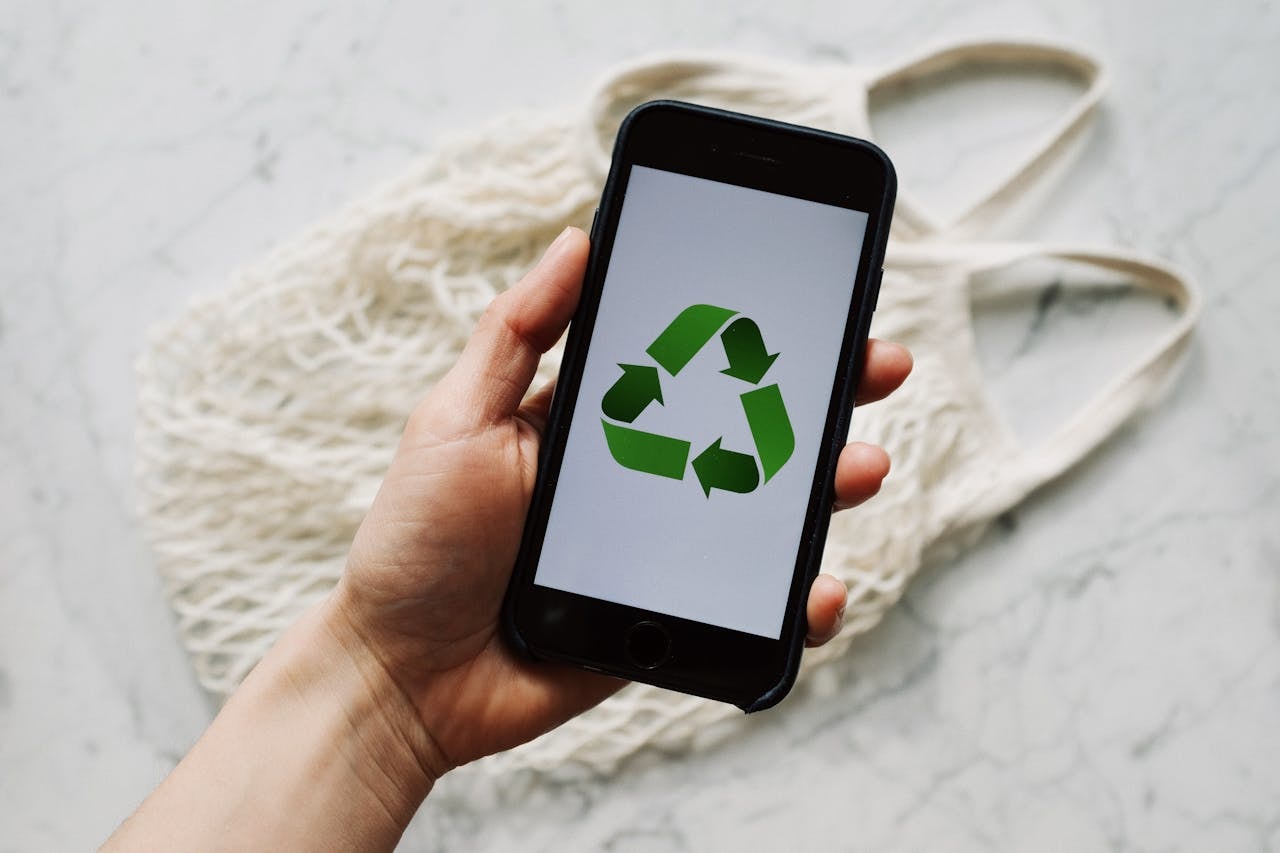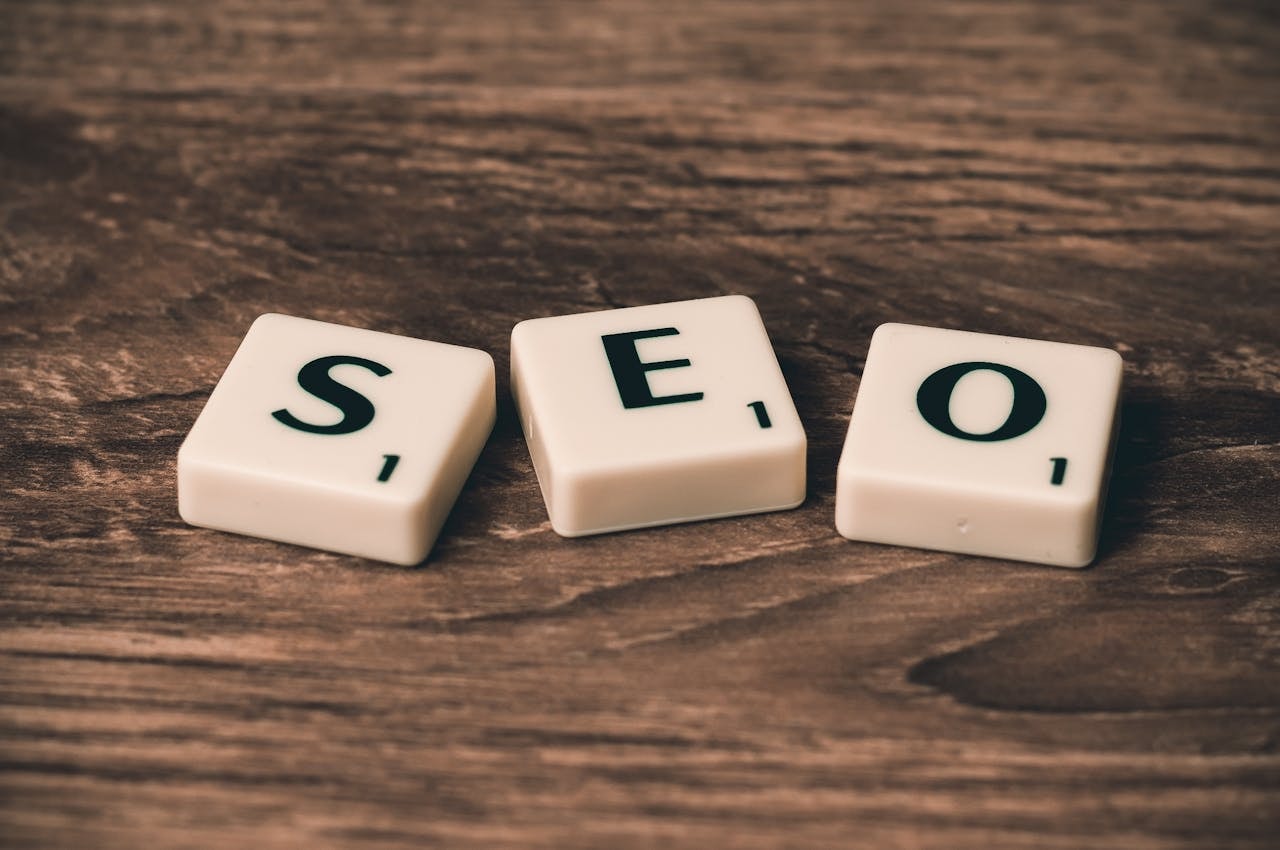
Introduction: The Shift to Sustainable Marketing in Australia
Sustainability is no longer an option—it’s a necessity. With businesses across Australia pivoting towards sustainability initiatives, the rise of sustainable marketing is reshaping industries. From Brisbane digital marketing agencies to large corporations, everyone is looking for a sustainable way to reduce waste, no negative impact, cut their carbon footprint, and drive sustainable growth.
The question is: How can your business demonstrate its commitment to sustainability while maintaining profit and marketing success? Let’s explore how integrating sustainable marketing Australia strategies into your marketing work can help achieve a positive impact and sustainable future.
What is Sustainable Marketing Australia?
Sustainable marketing focuses on promoting sustainable products, services, and business models while minimising negative impact on the environment. Unlike traditional marketing strategies, which often rely on high-energy consumption and fossil fuels, sustainable marketing embraces renewable energy, ethical supply chains, and eco-friendly messaging.
Why Sustainable Marketing Matters
- Consumers demand sustainability – Over 70% of Australians consider sustainability messaging in their purchasing decisions.
- Regulations are tightening – The Australian government is cracking down on misleading claims in marketing.
- Competitive advantage – Companies that embrace sustainable practices build stronger brand loyalty and engage better with their target audience.
- Cost efficiency – Sustainable marketing activities often lead to long-term savings by reducing waste and marketing investment.
How Sustainable Marketing Differs from Greenwashing
Authenticity vs. Deception
With consumers becoming more informed, businesses must ensure that their sustainability messaging aligns with real world, measurable sustainability efforts. Greenwashing, or making misleading claims about a company’s sustainability impact, can severely damage a brand’s reputation.
Greenwashing can take many forms, such as using vague environmental terms without proof, exaggerating small efforts, or focusing on public relations spin instead of genuine progress. This approach often leads to consumer distrust, regulatory scrutiny, and negative publicity.
The Importance of Transparency in Sustainable Marketing
For businesses to build credibility in their sustainability initiatives, transparency is key. Companies that clearly demonstrate their sustainability progress—backed by real data, case studies, and third-party certifications—are more likely to gain customer trust. A brand’s commitment to sustainability should be reflected in its operations, supply and value chain, and marketing work.
Examples of Greenwashing to Avoid
- Using broad, unverified claims – Phrases like “eco-friendly” or “green” without certification or details are misleading claims.
- Overstating small actions – A business that makes one product eco-friendly but continues unsustainable practices elsewhere is not truly sustainable.
- False certifications or imagery – Using misleading nature-inspired branding while not making any real sustainability efforts.
- Ignoring supply chain impact – A company may promote sustainable products, but if they still use fossil fuels in logistics, their sustainability messaging is not fully honest.
Key Differences Between Sustainable Marketing and Greenwashing
| Sustainable Marketing | Greenwashing |
|---|---|
| Uses ethical and eco-friendly materials | Focuses on public relations without real change |
| Implements real sustainability efforts | Makes vague sustainability messaging |
| Supports fair wages and ethical supply chains | Exaggerates marketing work to appear green |
| Communicates progress with verifiable data | Uses emotive language without proof |
| Aligns with long-term sustainable business goals | Focuses on short-term marketing gain |
How to Ensure Your Marketing Is Genuinely Sustainable
- Be Specific and Data-Driven
- Instead of saying “We care about the environment,” provide measurable facts like, “We have reduced our carbon footprint by 40% in the past three years by switching to renewable energy.”
- Use Third-Party Certifications
- Obtain recognised eco-friendly certifications, such as Fair Trade, B Corp, or Carbon Neutral Certification, to validate claims.
- Showcase Supply Chain Transparency
- Customers increasingly demand supply chain transparency. A brand should be able to tell where raw materials come from, how workers are treated, and what environmental impact its logistics have.
- Highlight Circular Economy Efforts
- Sustainable brands actively reduce waste and promote a circular economy, ensuring that materials and products can be reused, recycled, or composted instead of ending up in landfills.
- Avoid Over-Promising or Exaggeration
- If your brand is still in the early stages of sustainability, acknowledge the progress you’ve made rather than falsely claiming to be 100% sustainable.
By following these steps, small businesses can build trust, credibility, and long-term sustainable success while avoiding the risks associated with greenwashing.
How to Implement Sustainable Marketing in Your Business
1. Build an Eco-Friendly Digital Presence
Your website is the foundation of your marketing work. Choose a Brisbane digital marketing servicesagency that offers carbon footprint-conscious hosting services and renewable energy solutions.
2. Shift to Sustainable Growth Advertising
- Reduce print ads and switch to digital marketing.
- Optimise video content to lower emissions.
- Use sustainable success stories in marketing communications.
3. Engage Your Community in Sustainability Initiatives
- Partner with organisations that prioritise sustainability.
- Offer sustainable products and packaging.
- Participate in the circular economy by reducing waste.
4. Create Sustainability-Focused Content
Marketing activities should highlight your commitment to sustainability. Share how your business model aligns with sustainable practices, showcasing your initiatives.
5. Rethink Your Supply Chain
- Ensure fair wages and ethical sourcing.
- Work with suppliers who prioritiserenewable energy.
- Reduce packaging waste and opt for biodegradable materials.
Sustainable Marketing Strategies That Work
Case Study: Maria Anderson’s Ethical Fashion Brand
A great example of sustainable business growth is Maria Anderson’s ethical fashion label. She transitioned her brand from fast fashion to sustainable success, using marketing strategies that focused on fair wages, supply chain transparency, and eco-friendly fabrics.
Case Study: Brisbane Digital Marketing Agency’s Green Approach
One Brisbane digital marketing agency is leading the sustainable way, by prioritising renewable energy, reducing waste, and optimising marketing investment to drive sustainable growth.
Case Study: How Big Brands Are Leading the Way
- Patagonia: Known for its sustainability-first approach, Patagonia promotes sustainable products and encourages repair over replacement.
- Who Gives A Crap: This toilet paper brand uses recycled materials and donates 50% of profits to sanitation initiatives.
- Tesla: By eliminating reliance on fossil fuels, Tesla is a leading force in sustainable business practices.
Common Mistakes in Sustainable Marketing
Even well-intentioned brands can make errors when implementing sustainable, traditional marketing strategies. Avoiding these pitfalls is essential to maintain credibility and achieve long-term sustainable success.
1. Over-Promising Sustainability Without Actionable Proof
Many businesses rush to market themselves as eco-friendly without having the actual policies or sustainability initiatives to back up their claims. Customers today are more informed than ever, and failing to deliver on promises can quickly damage trust and credibility.
- Instead of saying “We are a sustainable brand”, provide real numbers like “We have reduced our carbon footprint by 30% through renewable energy sources.”
- Always use third-party certifications to validate sustainability claims, such as Fair Trade, B Corp, or Carbon Neutral Certification.
2. Failing to Address the Full Supply Chain
A business may market its sustainable products, but if its supply chain involves unethical labour practices or non-renewable energy, it is not truly sustainable.
- Solution: Conduct a thorough audit of your supply chain and work only with vendors who adhere to fair wages, ethical sourcing, and circular economy practices.
- Example: Brands like Patagonia publicly disclose their supply chain processes to maintain transparency.
3. Treating Sustainability as a Marketing Gimmick
Sustainability should be embedded into the brand and business model, not just a temporary trend. Companies that treat it as a marketing investment rather than a long-term strategy risk alienating customers when their commitment to sustainability is revealed as superficial.
- Solution: Integrate sustainability across all business operations, not just in marketing campaigns. Ensure real progress is being made by tracking environmental impact.
4. Ignoring Digital Sustainability
Many companies focus on physical sustainability efforts but overlook their digital sales and marketing footprint. Websites, emails, and online ads consume energy, contributing to global emissions.
- Solution: Use Brisbane digital marketing agency services that offer green hosting, optimise images and video content, and employ carbon-neutral web design practices.
- Example: Companies like Google are transitioning their data centres to run on 100% renewable energy.
5. Using Vague, Buzzword-Heavy Sustainability Messaging
Consumers are skeptical of greenwashing and misleading claims. Overuse of vague terms like “eco-friendly” without clear evidence can make marketing efforts ineffective or even backfire.
- Solution: Focus on specific sustainability efforts and provide data to back them up. Instead of “We use sustainable packaging”, say “Our packaging is made from 90% recycled materials and is 100% biodegradable.”
6. Not Engaging Consumers in the Sustainability Journey
Sustainability isn’t just about what a company does—it’s also about how it engages customers in the process. Brands that fail to educate and involve their audience in their sustainability initiatives miss out on an opportunity to build brand loyalty.
- Solution: Create interactive campaigns that allow consumers to participate. This could include:
- Incentive programs for customers who return packaging for recycling.
- Transparency reports that showcase annual sustainability progress.
- Encouraging user-generated content that highlights customer sustainability efforts.
7. Failing to Track and Report Sustainability Progress
Sustainable marketing requires ongoing evaluation. Many brands set initial sustainability goals but fail to track progress and report on achieving them.
- Solution: Implement clear KPIs and metrics to measure sustainability success. Publicly report on these goals through sustainability reports or annual impact assessments.
- Example: IKEA regularly publishes detailed sustainability reports on how it is reducing waste, sourcing sustainable materials, and cutting emissions.
8. Underestimating the Importance of Community and Collaboration
Sustainable business growth doesn’t happen in isolation. Companies that try to implement sustainability efforts alone often struggle to make an impact at scale.
- Solution: Partner with like-minded organisations, NGOs, and industry leaders who share similar sustainability goals. Collaboration can drive innovation and make sustainability more impactful.
- Example: The Fashion Pact is a global coalition of fashion brands committed to reducing their carbon footprint and improving sustainability within the industry.
9. Neglecting Employee Involvement in Sustainability Efforts
Sustainability is not just a leadership decision—it should be embraced by employees at every level. Companies that fail to integrate sustainability into their corporate culture may struggle with public relations and internal resistance.
- Solution: Train employees on sustainable practices and encourage them to contribute ideas for reducing the company’s environmental impact.
- Example: Google’s “Green Team” is an internal sustainability initiative that engages employees in green workplace practices.
10. Avoiding Difficult Sustainability Conversations
No company is perfect. Some brands hesitate to discuss areas where they need improvement, fearing backlash. However, honesty and transparency about sustainability challenges can actually strengthen consumer trust.
- Solution: If your company is still working toward sustainability goals, be upfront about it. Consumers appreciate progress over perfection.
- Example: Unilever openly discusses its challenges in reducing plastic waste while detailing the steps it is taking to improve.
The Future of Sustainable Marketing Australia

The future of sustainable marketing Australia is bright. With businesses embracing sustainability initiatives, the shift towards a sustainable future for marketers is inevitable.
What’s Next?
- More companies will adopt circular economy principles.
- Marketing investment will focus on eco-friendly advertising.
- Ethical business models will drive sustainable success.
- More brands will integrate AI-powered sustainability analytics to measure impact.
- Consumers will demand carbon-neutral supply chains.
By focusing on sustainability, companies can achieve long-term sustainable growth, strengthen their brand, and make a positive impact on the world.
Conclusion: Why Sustainable Marketing is the Key to Success
Sustainable marketing isn’t just good for the environment—it’s great for business. Whether you’re a small business or a large organisation, implementing sustainable practices can drive sales, improve your website rankings, and engage with your target audience on a deeper level.
At Piri-Piri Marketing Hub services, we specialise in creating marketing strategies that prioritise sustainability while delivering measurable business growth and positive impact. If you’re ready to take your marketing work to the next level, support sustainability, and make a real difference, contact us today!
FAQs About Sustainable Marketing
Q: How can businesses transition to sustainable marketing?
A: Start by researching sustainable marketing strategies, partnering with ethical brands, creating and prioritising eco-friendly marketing techniques.
Q: Why is sustainability important in marketing?
A: Consumers expect businesses to demonstrate real sustainability efforts. Ignoring it can harm your brand reputation and profit.
Q: What role does a Brisbane digital and marketing communications agency play in sustainability?
A: A Brisbane digital marketing agency can help companies integrate sustainable practices into their marketing activities, from website optimisation to marketing communications that reduce emissions.

















